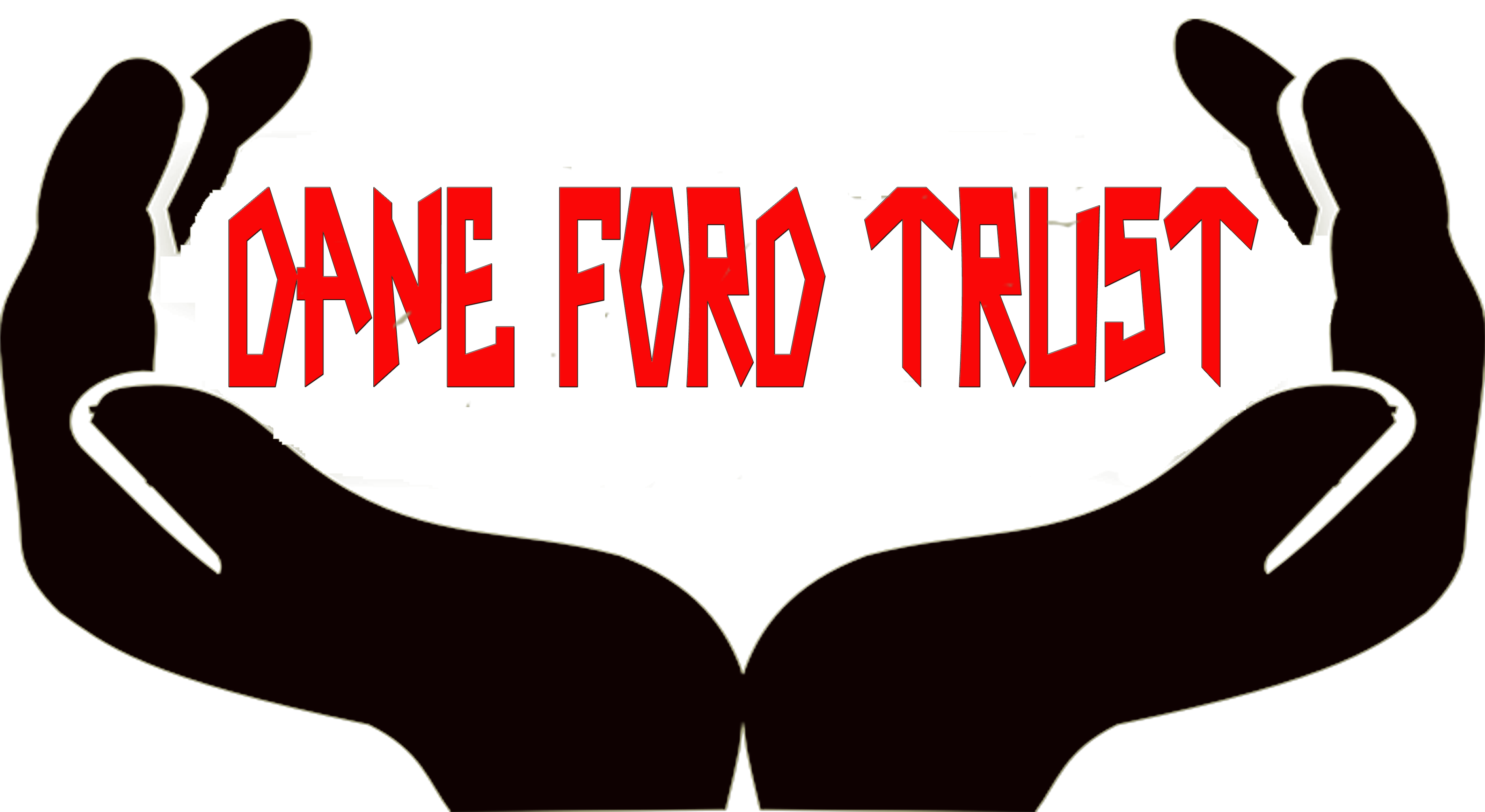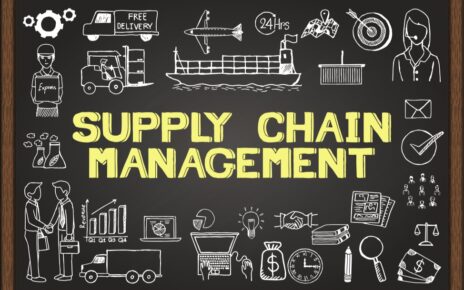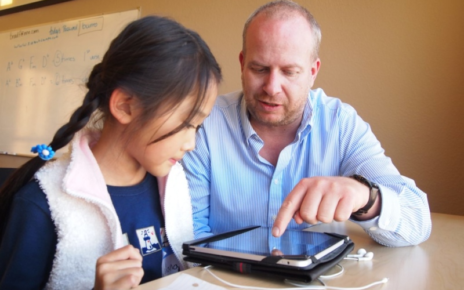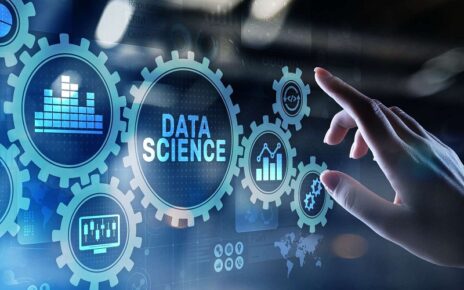Education is the key that unlocks the doors of opportunity, empowering individuals to reach their full potential and shape a better future for themselves and society as a whole. It is a transformative force that goes beyond the acquisition of knowledge, encompassing personal growth, critical thinking, and the development of essential life skills. In this rapidly evolving world, education remains paramount in equipping individuals with the tools they need to navigate an ever-changing landscape and make meaningful contributions.
One of the most significant advantages of education is its ability to foster intellectual curiosity and stimulate a lifelong love of learning. Education encourages individuals to question, explore, and seek answers, fueling a thirst for knowledge that extends far beyond the classroom. By nurturing this innate curiosity, education empowers individuals to adapt to new technologies, embrace innovation, and stay ahead of the curve in an increasingly digital era.
Moreover, education instills essential skills that are indispensable in today’s globalized and interconnected world. Critical thinking, problem-solving, communication, and collaboration are just a few examples of the multifaceted abilities that education cultivates. These skills transcend academic boundaries and enable individuals to approach challenges with resilience, creativity, and an open mind. They form the bedrock of a well-rounded education and prepare individuals for the complexities of the modern workforce, where adaptability and versatility are highly valued.
Beyond individual empowerment, education plays a pivotal role in fostering social cohesion and promoting equality. Education is a powerful tool for breaking the cycle of poverty and reducing social disparities. It provides marginalized individuals with the means to challenge systemic barriers and pursue a better future. By ensuring equal access to quality education for all, regardless of gender, socio-economic background, or geographic location, societies can pave the way for inclusive development and create a more just and equitable world.
Education is not confined to formal institutions but extends to informal and lifelong learning opportunities. The digital revolution has revolutionized the way knowledge is accessed, shared, and disseminated. Online platforms, educational apps, and Massive Open Online Courses (MOOCs) have democratized education, enabling individuals from all walks of life to learn at their own pace and pursue their passions. This digital transformation has opened up a wealth of educational resources, allowing individuals to bridge geographical and cultural boundaries and engage in global dialogues.
However, it is crucial to recognize that education goes beyond the mere transmission of information. It is a holistic process that nurtures values, empathy, and cultural understanding. Education must emphasize the importance of ethics, tolerance, and respect for diversity. By fostering a sense of global citizenship, education can bridge divides, promote peace, and create a harmonious coexistence in an increasingly interconnected world.
In conclusion, education is the cornerstone of progress and human development. It empowers individuals to unlock their potential, equips them with essential skills for the future, and fosters social cohesion and equality. Education is not a privilege but a fundamental right that must be accessible to all. As we embrace the challenges and opportunities of the 21st century, let us recognize the transformative power of education and work collectively to ensure its universal availability. Only through education can we unlock the doors to a brighter, more inclusive, and prosperous future.





